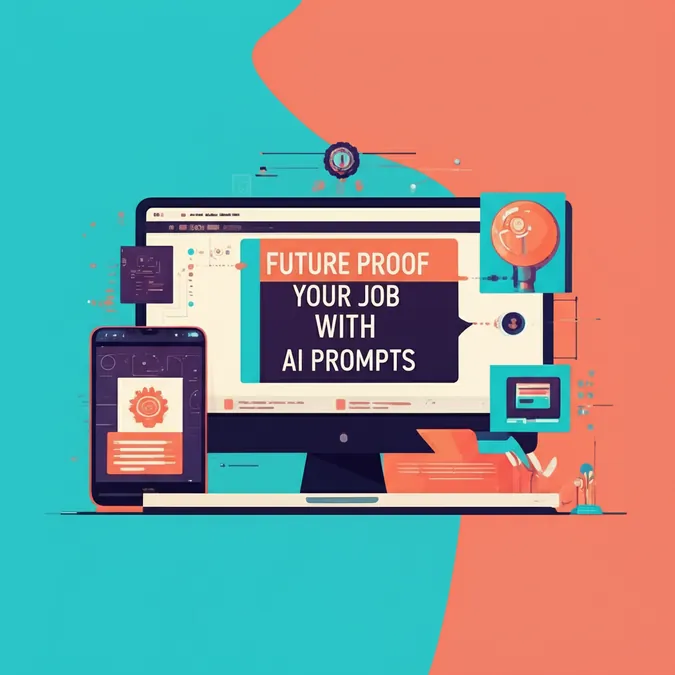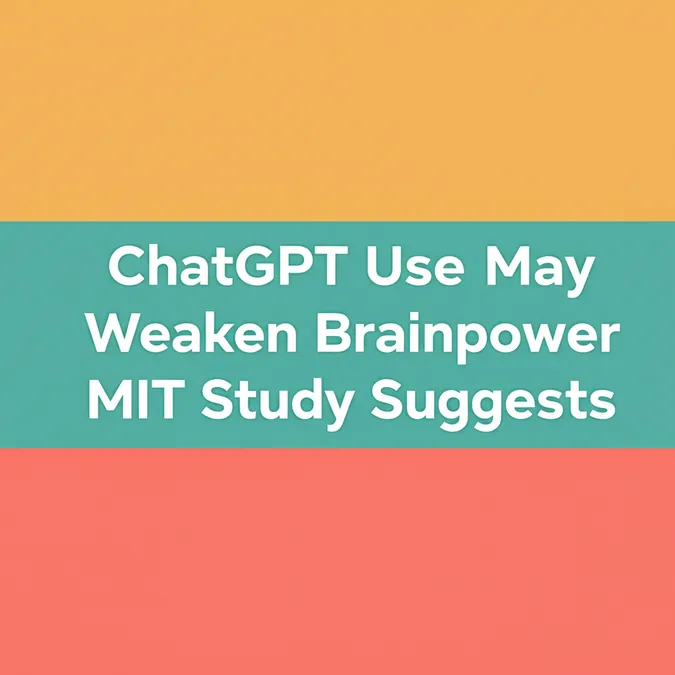Mattel AI Toys Spark Child Safety Alarms
Is Mattel on the verge of endangering children's development by integrating advanced AI into its toys?
Mattel and OpenAI Announce Toy Collaboration Amidst Concerns
The iconic toymaker Mattel, the multi-billion dollar company behind Barbie and Hot Wheels, recently announced a new partnership with OpenAI, the creators of ChatGPT. This collaboration aims to bring artificial intelligence into Mattel's product lines. However, this news has immediately sparked alarm among child welfare experts, who are raising serious questions about the potential dangers of placing such experimental technology, already linked to mental health concerns in adults, into the hands of children.
Robert Weissman, co-president of the advocacy group Public Citizen, minced no words in a recent statement: "Mattel should announce immediately that it will not incorporate AI technology into children's toys." He emphasized a critical point: "Children do not have the cognitive capacity to distinguish fully between reality and play."
Vague Promises and Mounting Fears for Child Development
Details from Mattel and OpenAI about this new venture have been scarce. While they've confirmed AI will assist in toy design, specifics about the first AI-integrated product or the exact nature of AI incorporation remain under wraps. According to Bloomberg's reporting, possibilities include AI-powered digital assistants based on Mattel characters or making traditional toys like the Magic 8 Ball and games like Uno more interactive.
Mattel's chief franchise officer, Josh Silverman, told Bloomberg that "Leveraging this incredible technology is going to allow us to really reimagine the future of play." Yet, this vision of the future appears fraught with potential problems.
The Unseen Dangers of AI Companionship for Young Minds
We are only just beginning to understand the long-term neurological and mental impacts of interacting with AI models, from chatbots like ChatGPT to highly personable AI "companions." If mature adults can form unhealthy attachments to digital therapists or even digital romantic partners, the risks for children are significantly more pronounced and could have longer-lasting consequences.
Weissman further warned, "Endowing toys with human-seeming voices that are able to engage in human-like conversations risks inflicting real damage on children. It may undermine social development, interfere with children's ability to form peer relationships, pull children away from playtime with peers, and possibly inflict long-term harm."
Age Restrictions May Not Be Enough to Mitigate AI Risks
Ars Technica highlighted an Axios scoop suggesting Mattel's first AI product will not be for children under 13. This indicates some awareness from Mattel about the risks to younger children. However, simply raising the age limit may not be a sufficient safeguard. Many teenagers are already forming deeply concerning attachments to AI companions, often unbeknownst to their parents whose understanding of AI might be limited to its use as a homework tool.
A tragic incident last year saw a 14-year-old boy die by suicide after forming an attachment to an AI companion on Character.AI, a platform hosting chatbots that mimic human-like personas. The chatbot in question was based on Daenerys Targaryen from "Game of Thrones."
Further fueling these concerns, Google's DeepMind lab previously published a study warning that "persuasive generative AI" could potentially manipulate minors into self-harm through a dangerous combination of flattery, feigned empathy, and constant agreement.
Past Failures Haunt Mattel's New AI Venture
This isn't Mattel's first attempt at AI-powered toys. In 2015, the company launched the infamous "Hello Barbie" dolls. These internet-connected toys used a then-primitive form of AI to converse with children. The line became notorious when it was discovered that the dolls recorded and stored these conversations in the cloud. Security researchers also quickly found that the toys were easily hackable. Mattel discontinued Hello Barbie in 2017.
Josh Golin, executive director of Fairplay, a child safety nonprofit, believes Mattel is repeating its past errors. "Apparently, Mattel learned nothing from the failure of its creepy surveillance doll Hello Barbie a decade ago and is now escalating its threats to children's privacy, safety and well-being," Golin stated, as reported by Malwarebytes Labs.
He added, "Children's creativity thrives when their toys and play are powered by their own imagination, not AI. And given how often AI 'hallucinates' or gives harmful advice, there is no reason to believe Mattel and OpenAI's 'guardrails' will actually keep kids safe."
Industry Pressure and the Future of AI in Toys
While Mattel should arguably know better, the company might be feeling the pressure not to be left behind in a rapidly evolving market. Since the rise of more advanced AI, some manufacturers have already launched LLM-powered toys, with several options already available or being developed. Grimly, this trend towards AI-integrated playthings may indeed be the direction the industry is heading, regardless of the potential perils.
More on AI: In related news, a Solar Company is suing Google for allegedly providing damaging information in its AI Overviews.


